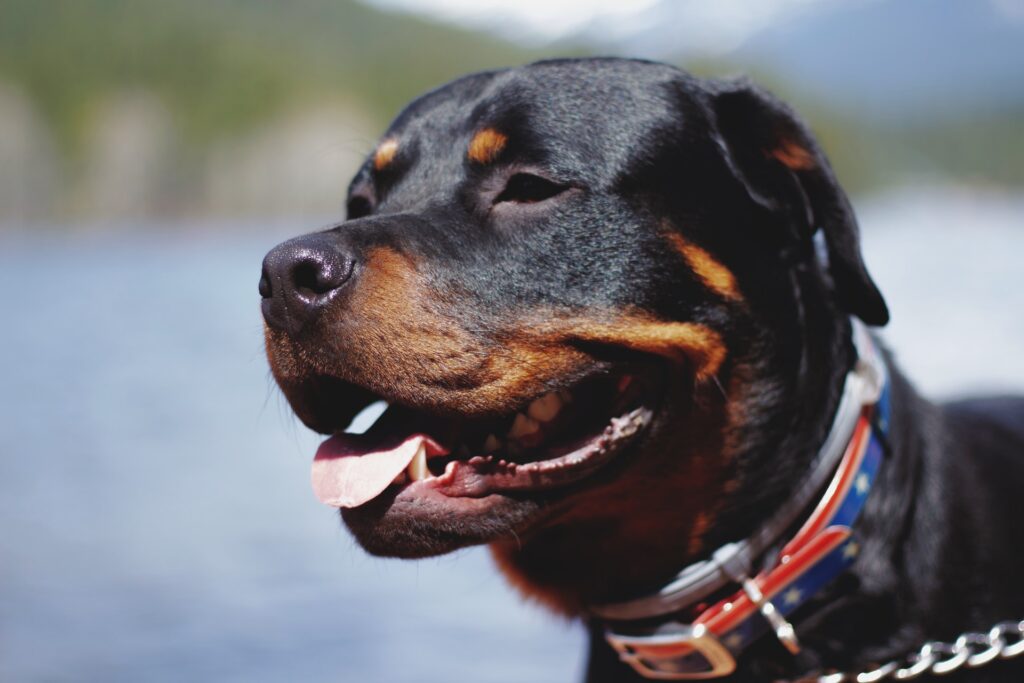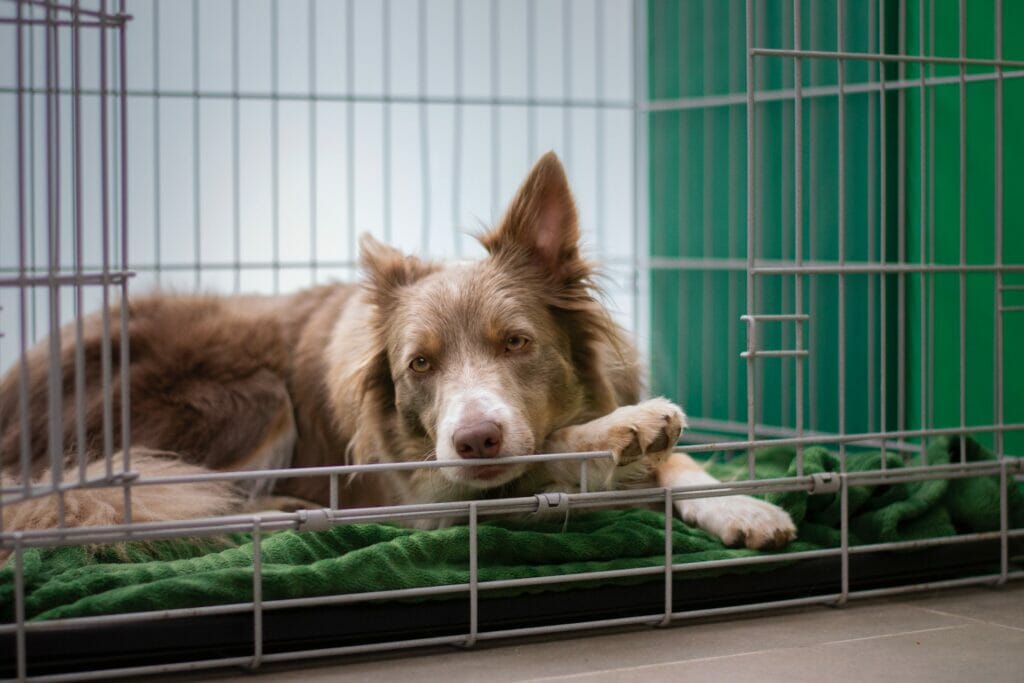Moving to a new country is an exciting adventure, but when you’re a pet owner, there are additional considerations to take into account. If you’re planning a move to Portugal and want to bring your furry companion along, it’s crucial to understand the necessary steps and requirements for a seamless transition.
From navigating travel regulations to ensuring your pet’s well-being throughout the journey, this comprehensive guide aims to provide you with the information you need to successfully relocate your beloved pet to Portugal.
Is Portugal a Pet friendly country?
Portugal is generally known as a pet-friendly country, with a warm and welcoming attitude towards pets and their owners. However, it is important to note that there are some specific limitations and restrictions in certain areas.
Some restaurants and cafes may have outdoor seating areas where pets are allows, but they may not permit inside the main dining area. Similarly, certain shops and stores may have restrictions on pets, particularly if they sell food or have delicate merchandise.
When it comes to accommodations, while there are numerous pet-friendly options available in Portugal, it’s true that not all accommodations accept dogs or other pets. Some hotels, guesthouses, and vacation rentals may have specific policies that do not allow pets, while others may only accept pets of certain sizes or breeds.
During the summer season, when the beaches crowd with tourists and visitors, many beaches in Portugal have regulations prohibiting pets. This means that during this time, pets are not allows to be on the beach.

Requirements for bringing pets to Portugal from Non-EU Countries
If you plan to bring a pet from a non-EU country to Portugal, there are certain requirements that you need to fulfill to ensure a smooth entry for your pet. Here are some general guidelines:
Microchip
Your pet must be microchipped with an ISO-compliant microchip. This microchip serves as a permanent identification for your pet and contains a unique identification number.
It is important to ensure that the microchip is implanted before or at the same time as their rabies vaccination.
Rabies Vaccination
Your pet must be vaccinated against rabies. The vaccination should administer at least 21 days before traveling to Portugal but not more than one year before the travel date.
Make sure the vaccination is valid and up to date.
Health Certificate
Obtain a health certificate from a license veterinarian in your home country. The certificate should confirm that your pet is in good health, free from infectious diseases, and fit to travel.
The health certificate is generally required within 10 days prior to the travel date.

Requirements for bringing pets to Portugal from EU Countries
If you plan to travel with your pet to Portugal and you are coming from an EU country you should be aware of the following requirements:
Microchip
Your pet must have a microchip for identification purposes. The microchip should be ISO-compliant and readable by scanners used in Portugal.
Pet Passport
EU countries issue a standardized EU pet passport, which serves as an official document for pets traveling within the EU.
The passport should contain details about the pet’s identification, vaccinations, and health records.
Ensure that the pet passport is up to date and accurately reflects your pet’s information.
Rabies Vaccination
Your pet must be vaccinated against rabies. The vaccination should be administered according to the guidelines specified in the pet passport.
Generally, the vaccination must be given at least 21 days before travel, but not more than the expiration date mentioned in the passport.

Dangerous Dogs in Portugal
Portuguese authorities have recognized certain breeds as having the potential to be dangerous due to their size, jaw strength, and natural inclination towards aggression.
In order to enhance public safety, legislation was introduced in 2003 (law 312/2013) to mitigate the potential risks associated with these animals.
Under this law, dogs deemed potentially dangerous are classified as follows:
- Dogs that have bitten, attacked, or caused injury to a person.
- Dogs that have inflicted serious injuries or caused the death of another animal.
- Dogs belonging to specific breeds (or mixed with one of the specified breeds).
Dangerous dog breeds
- Fila Brasileiro
- Argentinian Dogo
- Pit Bull Terrier
- Rottweiller
- American Staffordshire Terrier
- Staffordshire Bull Terrier
- Tosa Inu
Responsibilities of dangerous dog's owner
To obtain a license for their dog, the individual responsible for the pet must follow these requirements, as issued by the Junta de Freguesia in the local district:
- Be at least 18 years old.
- Provide information about the dog’s housing conditions, security measures in place, and the dog’s behavioral history.
- Have a clean criminal record.
- Possess civil liability insurance.
If you intend to stay for a period exceeding four months, you are required to notify the municipal veterinarian in your locality, who will subsequently register the animal or animals in SIAC (System of Identification of Canines and Felines).

How much does it cost to fly with a dog?
The cost to fly a dog can vary widely depending on several factors, including the airline, the size of your dog, whether your dog flies in the cabin or cargo hold, the distance of the flight, and any additional services or requirements. Here’s a general price range for flying a dog:
In-Cabin Fees: For small dogs that meet the airline’s size and weight restrictions, you can typically expect to pay between €75 to €125 one way for in-cabin pet fees. These fees may vary by airline.
In-Cargo Fees: Flying a larger dog in the cargo hold can be more expensive. Cargo fees can range from €200 to €1,000 or more one way, depending on the airline, the distance of the flight, and the size of your dog.
In addition to the pet’s travel fee, there are supplementary expenses to consider:
Carrier Pet Cost: The cost of a pet carrier for flying your dog can vary widely depending on factors such as type, size, brand, and features. In general, soft-sided carriers suitable for in-cabin travel can range from around €20 to €100 or more, hard-sided carriers used for both in-cabin and cargo travel may cost between €30 to €200 or higher, and carriers with wheels and airline-approved designs typically fall within the €30 to €150 price range.
Recommendations for bringing your pets to Portugal by plane
Bringing pets by plane to Portugal requires careful planning and preparation to ensure the well-being and safety of your pets. Here are some specific tips to consider:
Research airline policies
Different airlines have varying rules and regulations for traveling with pets. Research and compare the policies of different airlines to find the one that best suits your needs. Consider factors such as the size and breed restrictions, whether pets are allowed in the cabin or must be transported in the cargo hold, and any additional fees involved.
Book early
Airlines often have limited space for pets in the cabin or cargo hold. Book your tickets well in advance to secure a spot for your pets and inform the airline that you will be traveling with them. This allows you to ensure that your pets will be accommodated on your desired flight.
Choose a pet-friendly airline
Some airlines have pet-friendly policies and prioritize the well-being of animals during travel.
Look for airlines that have a good reputation for handling pets and provide proper ventilation, temperature control, and care in the cargo hold if your pets will be traveling there.
Crate requirements
Each airline has specific requirements for pet crates or carriers. Ensure that your crate meets the airline’s regulations, including size, construction, and ventilation. Label the crate with your contact information and attach feeding and watering instructions.
Familiarize your pet with the crate
Give your pets time to adjust to the travel crate or carrier before the journey. This can help reduce stress and anxiety during the flight. Gradually introduce the crate, provide positive reinforcement, and make it a comfortable and familiar space for your pets.
Visit the veterinarian
Schedule a visit to the veterinarian before your trip to ensure your pets are healthy and up to date on vaccinations. Your pet must be vaccinated against rabies and must have an health certificate from your vet to enter in Portugal.
Direct flights
Whenever possible, choose a direct flight to minimize travel time and avoid unnecessary layovers or transfers. This helps reduce stress for your pets and lowers the risk of mishandling or loss during transit.

Pet moving companies
When it comes to moving your pet, there are various pet moving companies that specialize in providing professional and safe transportation services for animals.
These companies have expertise in handling the logistics and requirements associated with relocating pets, whether it’s domestically or internationally.
Here are a few well-known pet moving companies:
Finding a Pet store after relocating your Pet to Portugal
After completing the journey of relocating your belove pet to Portugal, the first essential step you should take is to find a reliable pet store. This initial step holds immense importance as it sets the stage for providing your furry friend with the care and supplies they need in their new environment.
Here are some popular chains of pet stores in Portugal:
Why choose Portugal Residency Advisors for your relocation to Portugal?
Local Expertise
We know Portugal. Due to our extensive local knowledge, we believe that concentrating our services in a single country destination is the best way to give you the most thorough and useful information.
Holistic Approach
One single channel of communication for the entire process. We provide you with a comprehensive service that covers all aspects of your move, from identifying the ideal residency visa to finding your new home or helping you to settle.
Transparent Service
We recommend what’s best for you based on an extensive process experience that saves time and money to clients. Our pricing is clear and competitive, and we don’t sell services that make us more money.
Simple Process
Technology plays a very important role in our company. We minimize our clients’ involvement in paperwork. We are customers ourselves and we know how to serve you.
Frequently Asked Questions About Moving Your Pets to Portugal Safely
What are the requirements for moving my pet to Portugal?
To bring your pet to Portugal, you need a microchip for identification, a valid rabies vaccination, and an EU Pet Passport or a third-country veterinary certificate.
How long does the rabies vaccination need to be valid before traveling to Portugal?
The rabies vaccination should administer at least 21 days before the travel date to Portugal.
Do I need to quarantine my pet when moving to Portugal?
Portugal does not require quarantine for pets coming from most countries as long as they meet the necessary import requirements.
Are there any breed restrictions for bringing my dog to Portugal?
Portugal does not have specific breed restrictions for bringing dogs into the country.
Can I bring my cat or dog in the cabin with me during the flight to Portugal?
It depends on the airline and the size of your pet. Some airlines allow small pets to travel in the cabin, while others require pets to travel in the cargo hold.
Are there any additional considerations for traveling with an older pet?
It’s advisable to have a thorough health check-up for older pets before traveling to ensure they are fit for the journey.
Do I need any special documentation if I’m traveling to Portugal with multiple pets?
Yes, if you are bringing more than 5 pets, additional documentation and approval from Portuguese authorities may be required. The pets must also meet the same vaccination and identification requirements.
Can I bring other pets, like birds or reptiles, to Portugal?
Yes, you can bring birds, reptiles, and other small animals, but they may require additional health certificates or permits. It’s important to check specific regulations with Portuguese authorities for non-traditional pets.
Are there pet-friendly accommodations in Portugal while I settle in?
Yes, many hotels, short-term rentals, and accommodations in Portugal are pet-friendly. Be sure to confirm pet policies in advance, as some may charge additional fees or have restrictions.
What are the rules for taking pets on public transportation in Portugal?
Pets are generally allowed on public transportation, such as trains and buses, but they must be in a carrier or on a leash with a muzzle for dogs. Small pets are often free, but larger pets may require a ticket.
Will I need to register my pet after moving to Portugal?
Yes, pets must be registered with the local municipality (Junta de Freguesia) and may also need to be listed with a local veterinarian for annual check-ups, vaccinations, and microchip verification.




